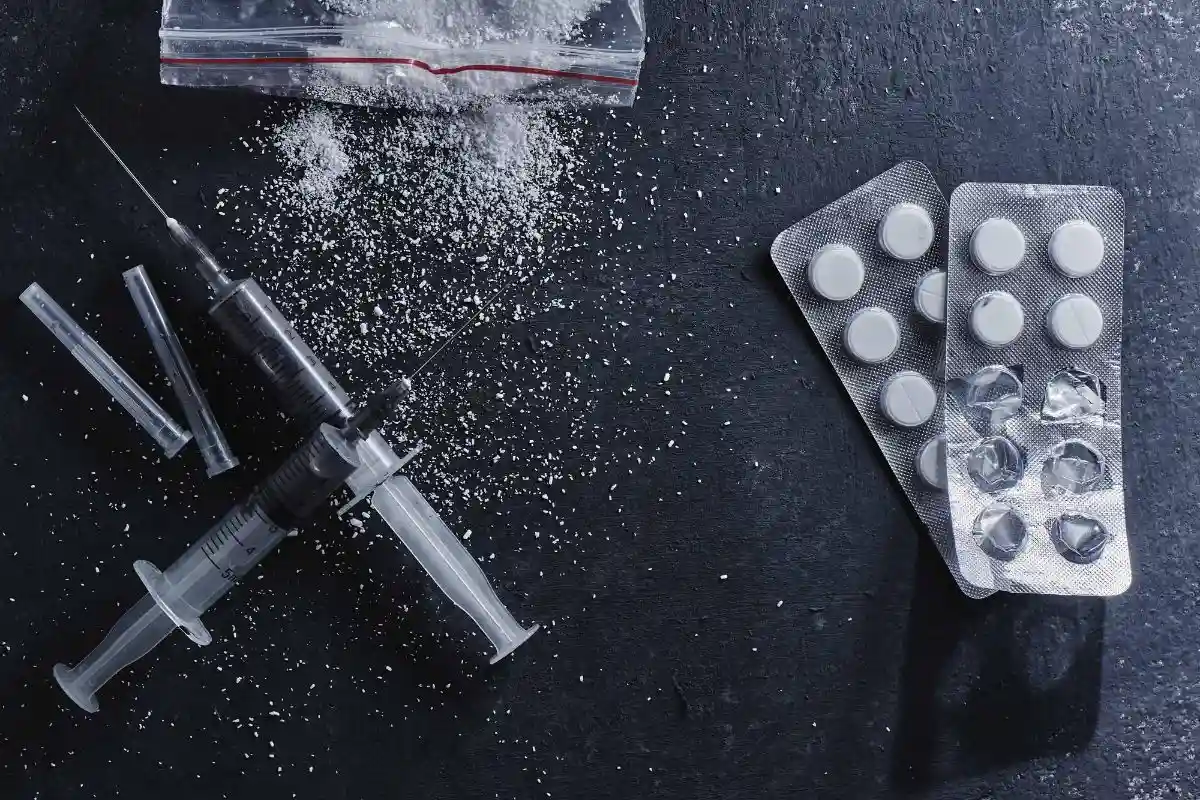The United Arab Emirates prides itself on having a zero-tolerance policy towards drug abuse and trafficking. The country’s government has implemented strict laws and regulations to combat drug-related activities and protect its citizens from the adverse effects of illegal drugs. In this article, we will take a closer look at the UAE’s illegal drugs law and understand the legal framework in place to prevent drug abuse and trafficking.
An Overview
The UAE’s illegal drugs law is governed by the Federal Law No. 14 of 1995 on the Control of Narcotic Drugs and Psychotropic Substances. The law outlines the penalties for drug trafficking, drug possession, and drug abuse, and the procedures for drug testing, treatment, and rehabilitation. Under this law, drug trafficking and possession are criminal offences, punishable by severe penalties that include imprisonment, fines, and deportation.
Drug Trafficking
Drug trafficking is considered a serious offence in the UAE and is punishable by life imprisonment or the death penalty. The law defines drug trafficking as the import, export, manufacture, production, or distribution of narcotic drugs or psychotropic substances. The UAE law imposes strict penalties on anyone who has introduced, imported, exported, manufactured, extracted, separated, or produced any of the narcotic drugs or psychotropic substances prescribed under Schedules 3, 6, 7, and 8. Penalties include imprisonment for a minimum of seven years and a maximum of ten years, in addition to a fine of at least fifty thousand dirhams and not more than two hundred thousand dirhams.
Drug Possession
Drug possession is also a criminal offence in the UAE and is punishable by imprisonment and fines. The law defines drug possession as the act of having in one’s possession, custody, or control any narcotic drug or psychotropic substance. The penalties for drug possession vary depending on the type and quantity of the drug involved. Possession of small amounts of drugs may result in a lesser penalty, such as a fine or a short-term imprisonment, while possession of larger quantities may lead to longer prison sentences.
Drug Abuse
Drug abuse, similar to drug possession and trafficking, is also considered a criminal offence that can result in imprisonment, fines, and deportation as a punishment. The law defines drug abuse as the use of any narcotic drug or psychotropic substance for non-medical purposes. The penalties for drug abuse vary depending on the circumstances of the case, including the type and quantity of the drug involved, and the offender’s age, prior criminal record, and other factors. Anyone found guilty of managing, preparing or setting up a place for drug abuse of narcotic drugs or psychotropic substances under Schedules 1, 2, 4, and 5, will face imprisonment for a minimum of four years. Additionally, anyone found guilty of managing, preparing, or setting up a place for drug abuse of narcotic drugs or psychotropic substances under Schedules 3, 6, 7, and 8, will face imprisonment for a minimum of one year.
Government Initiatives to Combat Drug Abuse
The UAE government has taken several measures to combat drug abuse, including strengthening drug control laws and implementing comprehensive drug treatment programs. The National Rehabilitation Centre (NRC), the UAE’s largest rehabilitation centre, provides specialized care and treatment for drug addicts and has helped many individuals recover from addiction. Drug treatment and rehabilitation centres in the UAE provide a range of services, including detoxification, counselling, therapy, and aftercare support. The aim of these centres is to help drug abusers overcome their addiction, reintegrate into society, and become productive members of the community. The government of the UAE has invested heavily in drug treatment and rehabilitation programs, recognizing the importance of a comprehensive approach to tackling drug abuse.
The UAE also works closely with other countries to combat drug trafficking, with the police and law enforcement agencies conducting joint operations with international agencies to disrupt drug smuggling networks. In 2019, authorities in Dubai seized more than 1,569 kg of illegal drugs and arrested over 3,128 suspects. Dubai Police worked on drug-related cases in other emirates across the UAE too. The 88 cases it worked on outside of Dubai within the country in 2019 led to the arrest of 215 suspects and seizure of 572 kg of drugs.
Final Thoughts
It is safe to say that the UAE’s illegal drugs law is one of the strictest in the world, reflecting the government’s commitment to eradicating drug abuse and trafficking. The UAE’s zero-tolerance policy towards drugs has contributed to the country’s low rates of drug abuse and drug-related crimes, making it a safe and secure place to live and do business.
While the UAE’s illegal drugs law is comprehensive and effective, it is also essential to recognize the importance of prevention and education in tackling drug abuse. Education and awareness campaigns can help raise awareness about the dangers of drug abuse, the consequences of drug-related crimes, and the importance of a drug-free lifestyle.




